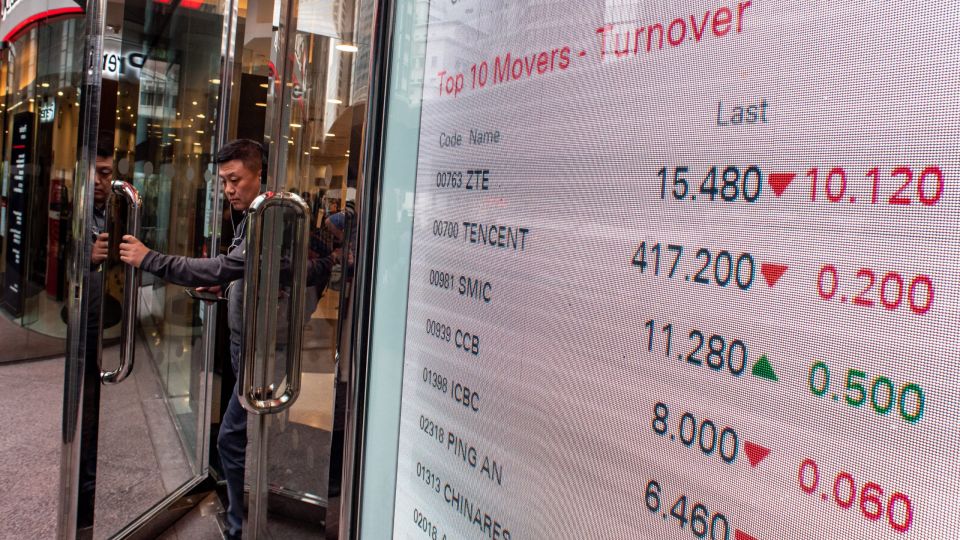February 27, 2020
Budget includes US$1,200 handout to each resident aged 18 and above, low-interest loans for small firms and tax cuts.
Slammed by a perfect storm of trade war, prolonged unrest and coronavirus outbreak, Hong Kong’s already frail economy is likely to remain in a slump in the year ahead, even as the government carves out a more than HK$120 billion (S$22 billion) stimulus package with a generous cash handout to aid industries and individuals.
In his budget delivery yesterday, Financial Secretary Paul Chan expressed hope that once the Covid-19 outbreak blows over, the economy will bounce back.
Pending approval from Parliament – or the Legislative Council – Mr Chan said he would disburse HK$10,000 (S$1,800) to each Hong Kong permanent resident aged 18 and above to boost domestic consumption and ease their financial burdens. It will cost the government HK$71 billion, benefiting about seven million people.
For the first time in 15 years, the government recorded a budget deficit of about HK$37.8 billion for financial year 2019/2020, representing 1.3 per cent of gross domestic product (GDP).
This is expected to widen to HK$139.1 billion, or 4.8 per cent of GDP, in the next financial year.
Hong Kong’s economy this year is projected to shrink by up to 1.5 per cent or grow by up to 0.5 per cent.
From next year to 2024, economic growth is expected to be an average of 2.8 per cent per year, lower than the 2.9 per cent growth in the past decade.
The budget deficits come as the government handed out stimulus packages of over HK$60 billion in the past six months, including four rounds of relief measures to help businesses weather the effects of the United States-China trade war and prolonged anti-government protests, as well as last week’s Anti-epidemic Fund to mitigate the virus outbreak.
“Although the impact of the epidemic on our economy in the near term could possibly be greater than that of the severe acute respiratory syndrome outbreak in 2003, and the labour market is also subject to significant pressure, Hong Kong’s economic fundamentals remain solid and therefore our core competitiveness will not be shaken,” said Mr Chan.
He added that in the medium term, the economic outlook of Hong Kong remains positive, driven by growth in Asia and China.
Hong Kong has been caught up in the trade war that has created uncertainty, but the economy, particularly the hospitality and retail sectors, was further weakened by the often-violent demonstrations spanning over seven months.
Even as the government struggles to contain the city’s biggest political crisis, the virus outbreak has dealt a further blow.
In the third quarter last year, the economy slipped into recession.
For the whole of last year, the economy shrank 1.2 per cent, marking the first annual decline since the recession in 2009.
To support small businesses, the government will roll out a concessionary low-interest loan and reduce profits tax.
Salaries tax and personal tax will be cut to ease people’s burdens.
Mr Chan also pledged to give extra allowance to eligible social security recipients, foot a month’s rental bill for lower-income tenants living in public rental units, and pay the examination fees for eligible school candidates.
In his concluding remarks, Mr Chan urged people in the city to set aside differences to move towards progress.
“Hong Kong may have all sorts of shortcomings, but it is our home which allows diversity and freedom of development.
“Even if we have been disappointed, we can choose to feel hopeful for our future. Even if we are striving for different goals, we can work together to put aside our differences, make room for resolving conflicts, and drive Hong Kong forward.”


